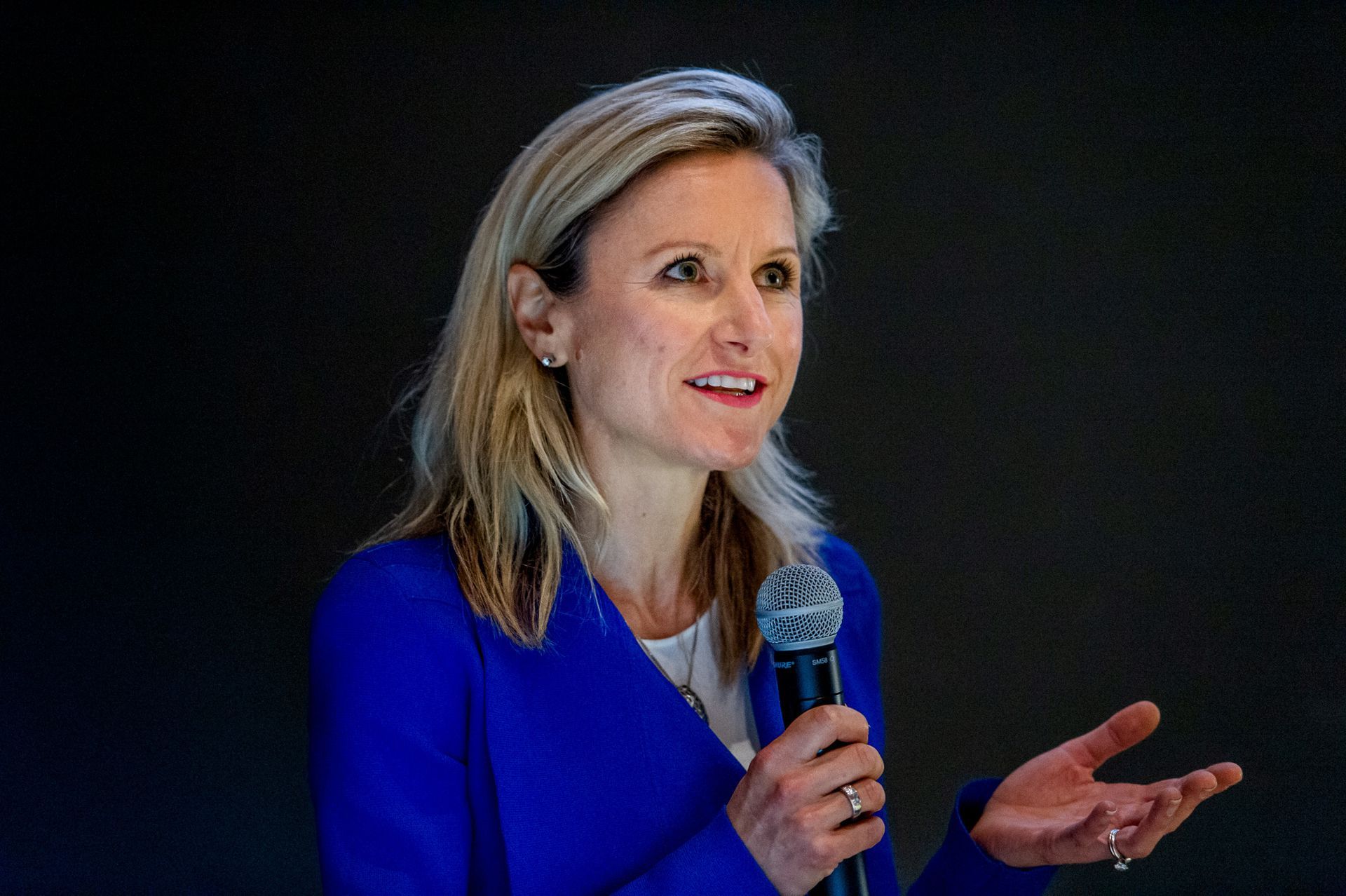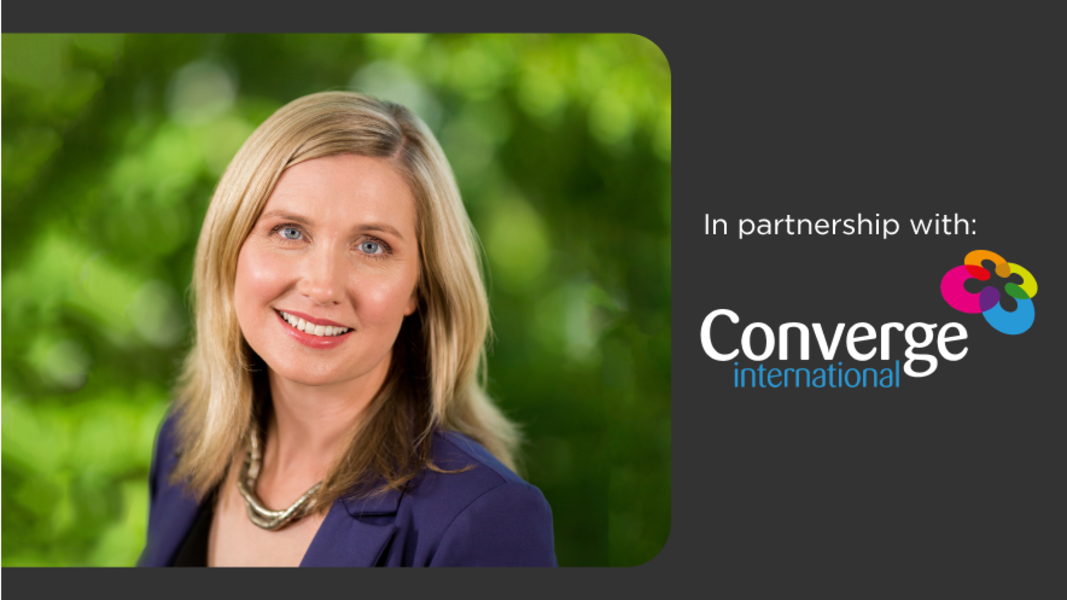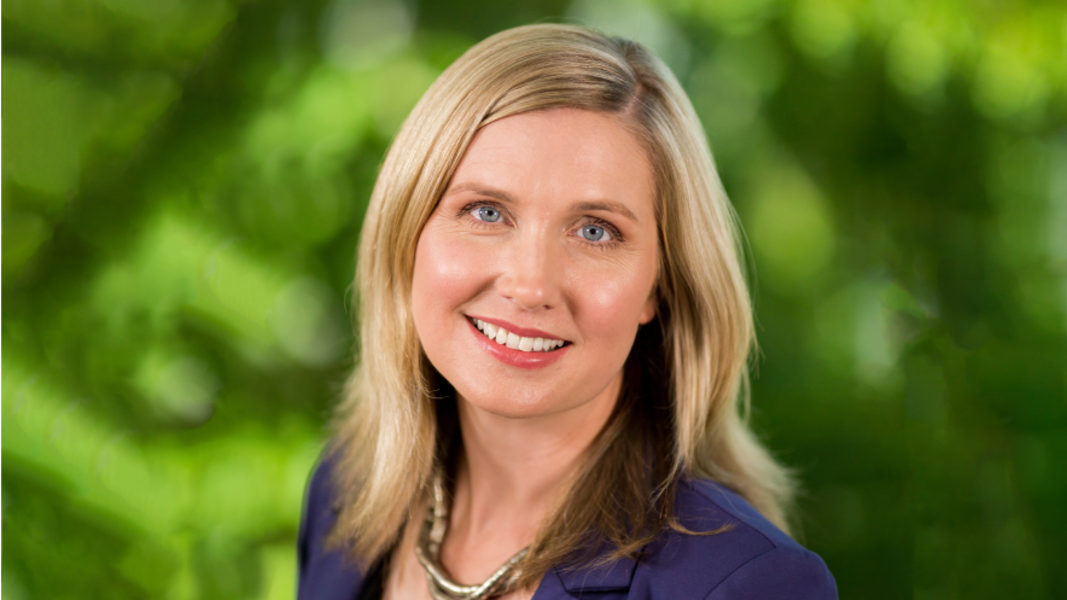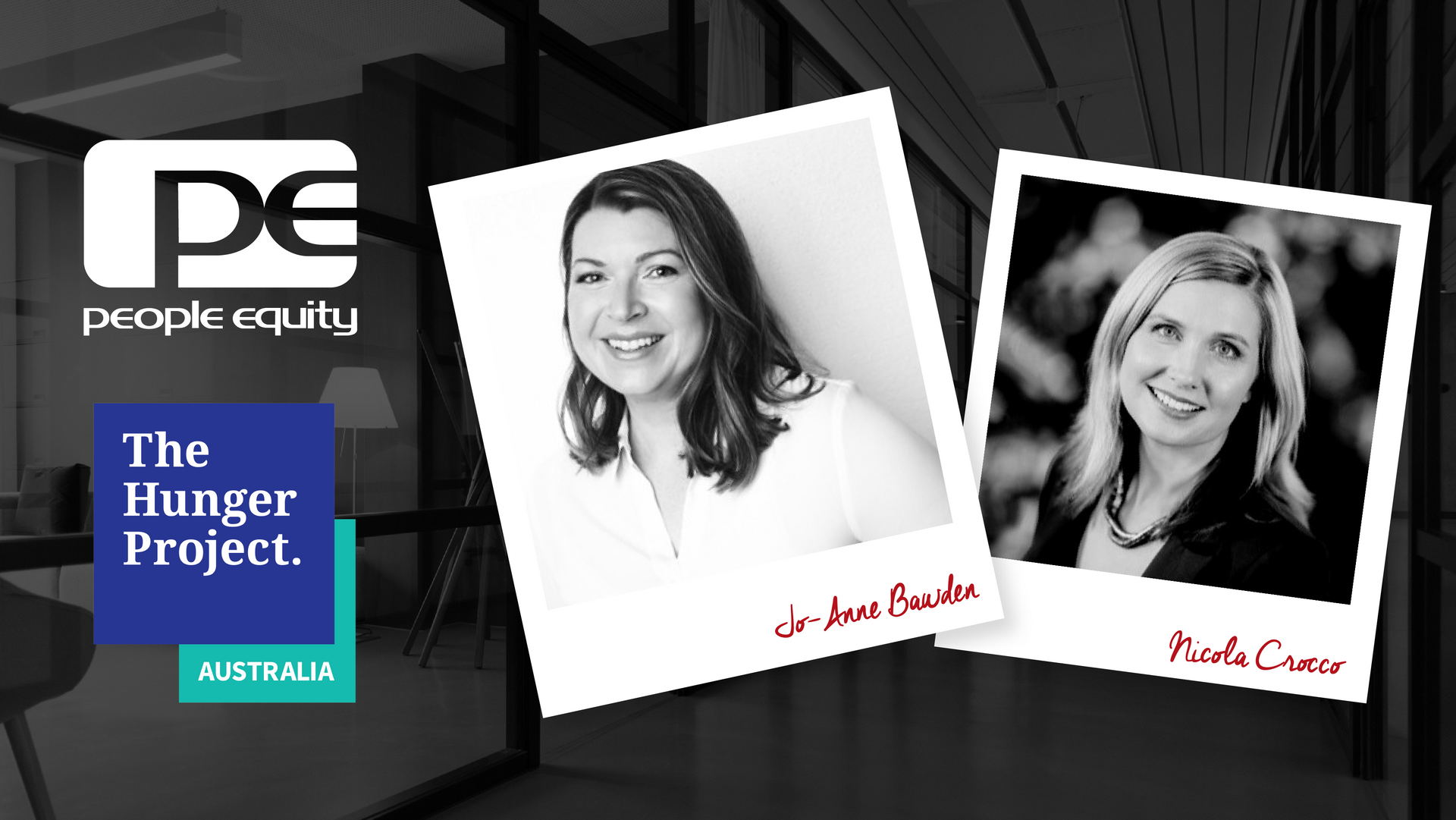How Much Should You Talk During a Job Interview?
How Much Should You Talk During a Job Interview?
Posted on June 25, 2019
We've all done it – started telling a story, only to realise too late we've gone on too long and our audience’s eyes are glazing over. No one wants to be that person, much less during a job interview. So, how much should you really be talking in an interview?
When it comes to interview chatter, in a lot of cases, less is more.
Although you want to show the Hiring Manager you’re the perfect person for the role, talking too much could actually ruin your chances of getting a job offer! It’s important that every answer you give (and question of your own that you ask) gets to right the point and enables your strengths to shine through.
How Much is Too Much?
There are two key factors that you can use to figure out how much to talk in an interview; the amount of time scheduled for the interview and the number of strengths and qualifications you have to offer. With most interviews, there is a specific amount of time allotted, so it's worth thinking through how much of it to put aside for each answer. Look at it this way – if you have a 40-minute interview and spend half of it going through every detail of your early career, you're probably going to run out of time for other questions! Also, don’t forget that interviews are tightly scheduled and running over time could disrupt the interviewer's other appointments.
Time and time again, we see that interviewers tend to be attracted to the people who seem excited to be there and talking to them. However, enthusiasm on its own is not enough to set you above the other candidates. There’s nothing wrong with showing a bit of personality (in fact, we encourage it) but you also need to demonstrate how you meet the requirements for the role. On that note, one of our top interview tips is to remember to give the interviewer a chance to ask follow-up questions – it’ll work in your favour to help them gather evidence that you’re the perfect person for the job.
Tips for Keeping the Chatter in Check
If your goal is to avoid talking too much in an interview and to ensure that everything you say presents you in the best light, good preparation is everything. Our advice is to take the time to reflect on your relevant strengths and experiences before you walk in the door. That way, you’ll have a good grasp of the key points you want to touch on and it’ll be easier to avoid getting carried away in the moment.
If you are asked a specific question about your experience, such as “have you been involved with an ERP implementation?”, provide one good example. You can always ask at the end, “would you like me to provide another example to outline my experience in this area?”. After any question, it’s OK to ask, “did I answer the question satisfactorily, or would you like some more details?”. It’s better to check rather than lose your audience by getting too caught up in details or by providing too many examples of similar experiences.
We understand that gaps in the conversation can be intimidating, but don’t be afraid of silence – especially if you're confident you've answered the interview questions to the best of your ability. In the world of recruitment, plenty of interviewers will intentionally pause to see how you respond (don’t let it catch you out!); this also gives them time to fully digest what you've said and make notes.
At the end of the day, when determining how much to talk during an interview, it comes down to this: cover each question fully, cut the rambling and know when enough is enough. How much to talk in an interview is one important skill to learn; listening well is also an important skill.
To find out more about the range of exciting jobs we have available, get in touch today.
Share this article











